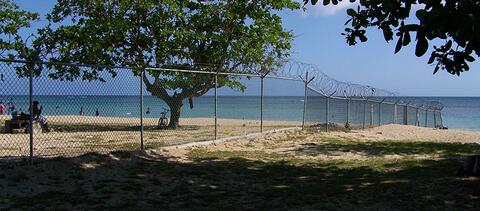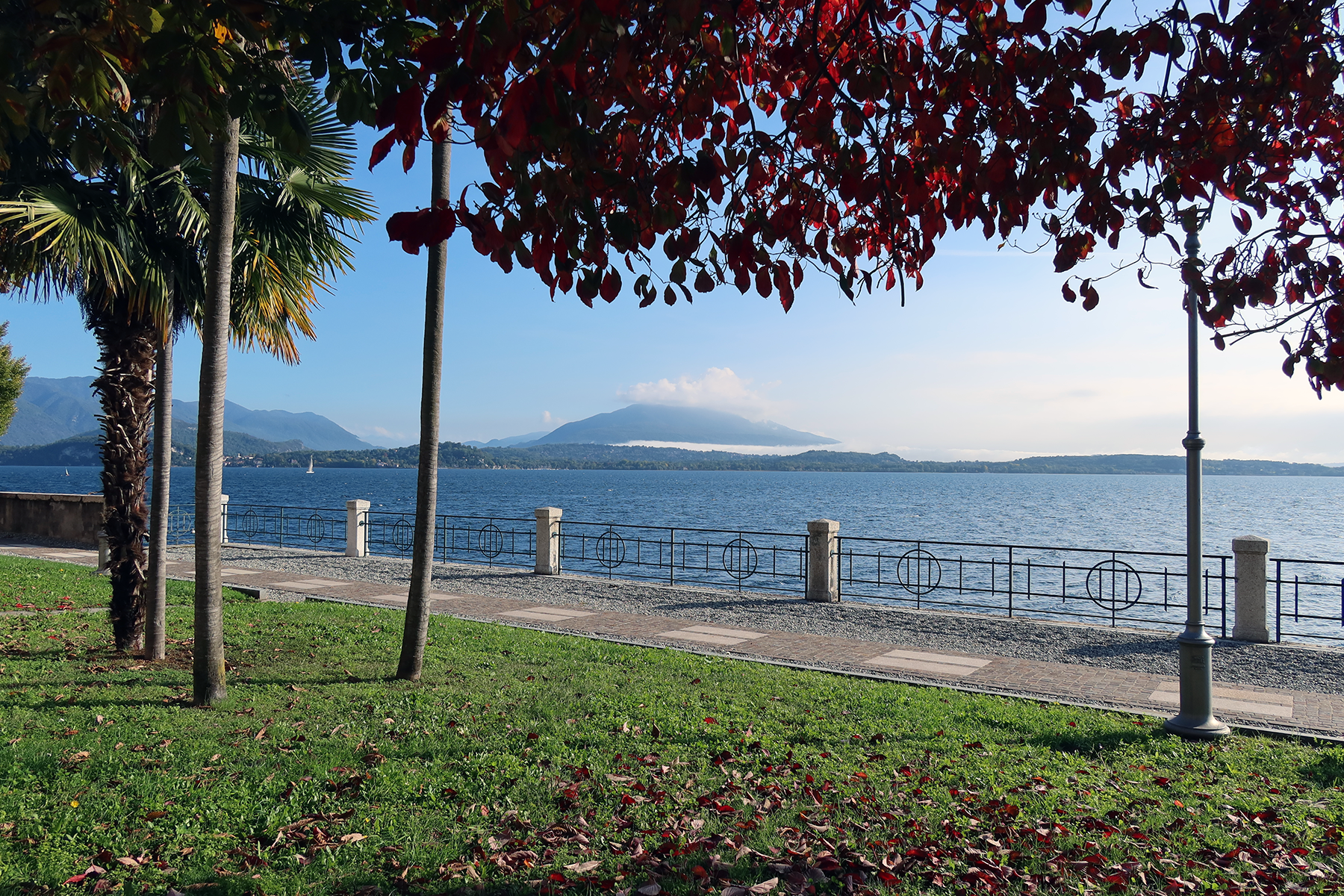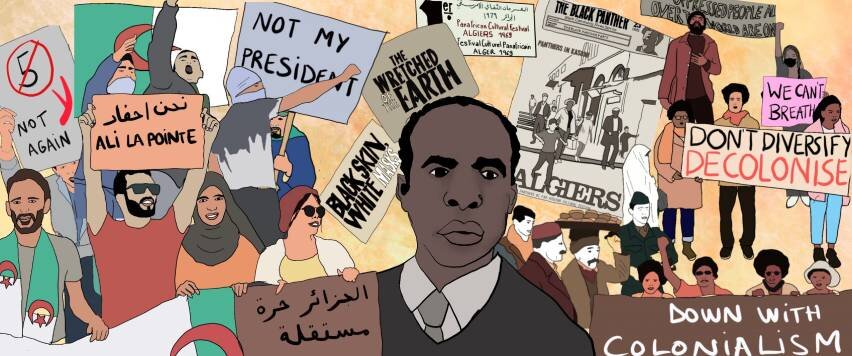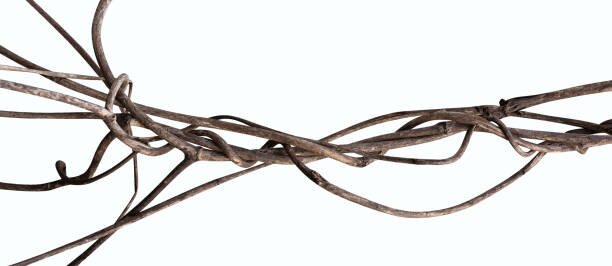Caribbean and Transatlantic Worlds on the Move


⇒ voir également, en fin de page, les vignettes interactives de présentation
Le groupe MCTM a conduit depuis 2014 une activité structurée autour de la tenue régulière de journées d’études, 3 à 4 par an :
2025
- 15-16 décembre | Island and Empire: Revolts, Repressions, Memories. From the Mediterranean to the Caribbean (18th-21st Centuries).
- 8-9 décembre | L'effet Fanon en philosophie
- 5-6 juin | Révolution haïtienne (1791-1804) : pouvoirs, savoirs, émancipations
- 10 février | Projection-débat autour du film Sous les feuilles de Florence Lazar
2024
- 6 décembre | Représenter l’esclavage dans les musées américains : États-Unis/Antilles
- 12 décembre | Débats sur le Perspectivisme : une réflexion sur l'Altérité et la Justice Épistémique
- Vendredi 28 juin | Traduire Édouard Glissant : de la translation à l’interprétation
- Jeudi 30 mai | Discussion autour du capitalisme racial
- Vendredi 23 février | Guadeloupe - Mai 67
- Mercredi 21 février | Guadeloupe - Mai 67
2023
- Jeudi 7 décembre et vendredi 8 décembre | Historiographies noir-atlantiques
- Mercredi 8 novembre | La pensée décoloniale face à l’université néolibérale et à l’extractivisme épistémologique
Expériences en Amérique latine - Jeudi 15 juin | About Unpayable Debt
- Jeudi 1er et vendredi 2 juin | Fanon en pratiques. Perspectives internationales
- Jeudi 16 mars | Urbanisme sain: une évaluation du concept de « dwelling » dans le contexte d'un quartier pauvre de Kingston, Jamaïque
2022
- Jeudi 8 décembre | Rencontre-débat autour des ouvrages de Christine Chivallon et Norman Ajari
- Mardi 8 et mercredi 9 novembre | « Autour du Plantationocène »
- Vendredi 23 septembre | Barthélémy Toguo et les questions dé/post/coloniales
- Mardi 24 et mercredi 25 mai | Corps, médecine et colonialité
- Jeudi 21 avril 2022 | Picasso au croisement d’un réseau d’amitiés. Regards sur les problématiques anti/post/coloniales
- Mardi 11 janvier 2022 | Onto-épistémologies de plusieurs mondes : la proximité du divers
→ Replay 1/2, replay 2/2
2021
- Vendredi 19 novembre 2021 | Autour de "Un monde en nègre et blanc"
→ Replay 1/2, replay 2/2 - Jeudi 16 septembre 2021 | Autour de "La dignité ou la mort"
→ Replay - Vendredi 25 juin 2021 | Autour de 'La Vie psychique du racisme'
→ Replay
2020
- Mercredi 9 décembre 2020 | Archives et traces. Figures visibles et invisibles du passé
→ Regarder l'ensemble des conférences - Mardi 13 octobre 2020 | Corps et performances de dignité en contexte (post-)colonial. Amériques, Afrique, océan Indien
→ Regarder l'ensemble des conférences - Mercredi 29 janvier 2020 | L’art et le musée face à la question (dé)coloniale
→ Regarder l'ensemble des conférences - Mardi 28 janvier 2020 | Rencontre autour de « Art et mémoire du racisme et de l’esclavage »
- 27-31 janvier 2020 | Exposition Hallucinose (L'histoire commence ici)
2019
- Mercredi 2 octobre 2019 | Capitalisme et (post)esclavage : pour une critique caribéenne de l’économie politique
→ Regarder l'ensemble des conférences en vidéo - Mercredi 22 mai 2019 | Mémoires en strates
→ Regarder l'ensemble des conférences en vidéo
2018
- Mercredi 3 mai 2018 | Violences et contre-violences en contexte (post)colonial et (post)esclavagiste
→ Regarder l'ensemble des conférences en vidéo - Mardi 29 mai 2018 | Le paradigme de la race dans le nouveau grand récit de l’anthropocène (2) - Variations paradigmatiques du concept de race dans les sciences
→ Regarder l'ensemble des conférences en vidéo - Mardi 20 mars 2018 | Le paradigme de la race dans le nouveau grand récit de l’anthropocène (1) - De l’anthropocène au plantationocène : racialisation et politiques de la nature
→ Regarder l'ensemble des conférences en vidéo
2017
- Vendredi 8 décembre 2017 | Afrique et Amériques : Histoire, politique, indépendances
- Mardi 21 novembre 2017 | Afrocentricités : histoires, philosophie et pratiques sociales
- 20 juin 2017 | Arriver - S’Ancrer - Tisser
- 21 avril 2017 | Formes de domination et voies d’émancipation
2016
- 16 décembre 2016 | Tracer et transgresser, construire et déconstruire les limites en contexte (post)colonial
- 25 octobre 2016 | Une journée avec David Scott
- 12 mai 2016 | Les expressions mémorielles de l'esclavage à la Martinique -Période contemporaine
- 12 mai 2016 | Littérature haïtienne, 1980-2015 : rupture et effervescence
- 11 mai 2016 | Une journée avec Stuart Hall
- 18 avril 2016 | Problématiques de l'identité culturelle dans les champs historico-anthropologiques
2015
- 16 juin 2015 | At the Limits of Memory | Legacies of Slavery in the Francophone World
- 28 mai 2015 | ‘Varia’ autour des sociétés à fondement esclavagiste et colonial
- 8 janvier 2015 | La question des réparations au titre de l’esclavage : perspectives internationales
2014
- Du 22 au 23 avril 2014 | Perspectives croisées sur la Caraïbe. Institutions, États, cultures, concepts
Lina Álvarez-Villarreal, philosophe, MCF, département de sciences politiques et études globales, Universidad de los Andes (Bogotá) (pensée critique et décoloniale latinoamericaine et des caraïbes, théorie politique afrodiasporique, écologie politique latinoaméricaine, philosophie de l'économie du XVIIIème siècle, féminismes latinoméricains).
Samuel Bates, économiste, PU, Université des Antilles, PHEEAC UMR CNRS 8053 (viabilité des systèmes écologiques et sociaux ; durabilité ; économie écologique ; économie monétaire).
Claude Bourguignon Rougier, Docteure en civilisation hispano-américaine, chercheure à titre indépendant, ILCEA 4, Université Grenoble Alpes (Amérique Latine ; métissage ; race ; théorie décoloniale ; colonisation).
Amalia Boyer, philosophe, PU, Université du Rosario (Bogotá), Laboratoire de Géophilosophie – Esthétique et Politique COL0036286 (tournant spatial/écologique/décolonial ; géophilosophie, écosophie ; géoesthétique, éco-poétique ; insularités, archipels, Caraïbes ; eau, mer, océan ; féminismes).
Frédéric Callens, conseiller au Musée national de l’histoire de l’immigration (muséographie ; interface grand public ; actions en réseaux avec le MNHI).
Elsa Capron, études hispaniques et hispano-américaines, MCF, Université de la Réunion (Cuba ; femmes esclaves ; société de plantation ; post-esclavagisme ; métissage).
Christine Chivallon, anthropologue, DR-CNRS, PHEEAC (ex-LC2S) Martinique (Caraïbe ; (post)esclavage ; mémoires ; diasporas ; épistémologies ; anthropologie de l’espace et matérialités).
Philippe Colin, MCF en civilisation de l'Amérique, Université de Limoges, EHIC, (Histoire des pensées critiques en Amérique Latine ; Perspective décoloniale ; Indigénéité en Amérique Latine (XIX-XXe) ; Représentation de l’altérité en Amérique Latine ; Production de la race sociale).
Elsa Dorlin, philosophe, PU, Université Toulouse Jean Jaurès, ERRaPhiS EA3051 (Esclavage ; race ; genre et sexualité ; capitalisme ; féminisme décolonial ; philosophie noire).
Anne-Claire Faucquez, historienne, MCF, Université Paris 8, Transcrit EA 1569 (Esclavage ; Amérique coloniale ; histoire africaine-américaine ; mémoire et patrimonialisation).
Jean-Christophe Goddard, philosophe, PU, Université Toulouse Jean Jaurès, ERRaPhiS EA3051 (Colonialité du savoir ; contre-anthropologie critique ; philosophie africaine ; race ; Brésil ; Amérique Latine).
Esteban Gonzales, docteur en philosophie, Université Paris 8 Vincennes – Saint-Denis, LLCP EA 4008 (épistémologies, décolonisation, alter-modernité, recherche-action, Mexique, Colombie).
Jean Herold-Paul, Professeur de philosophie, Ecole normale supérieure de Port-au-Prince, Laboratoire Langages, Discours, Représentations (LADIREP), Université d'État d'Haïti (UEH) et Laboratoire d'études et de recherches sur les logiques contemporaines de de la philosophie - LLCP (EA 4008), Université Paris 8 Vincennes Saint-Denis (savoirs endogènes, institutionnalisation, monde atlantique, traduction, modernité).
Abbed Kanoor, philosophe, Université de Hildesheim, Allemagne, Managing Director, Center for Advanced Studies: “Philosophizing in a Globalized World - Historical and Systematic Perspectives” (phénoménologie ; Kulturphilosophie; interculturalité ; imaginaire ; poétique et politique).
Paola Lavra, anthropologue, Campus Caraïbéen des Arts, CCA, Martinique (détresse psychologique et violence de genre en contexte postcolonial ; racialisation des rapports sociaux ; muséographie et esclavage ; performance et stratégies de révolte).
Morgane Le Guyader, anthropologue, docteur en Sciences politiques, mention anthropologie, membre associée au LC2S-CNRS, Martinique (Identités ; minorités ; transnationalismes ; épistémologies des "Suds" ; recherche-création).
Androula Michael, historienne de l’art, PU, Université de Picardie Jules Verne, CRAE, centre de recherches en art et esthétique, UR 4291 (art en contexte (post)colonial ; muséographie ; artistes et questions (dé)coloniales - Picasso, Duchamp, Barthélémy Toguo, Jean-François Boclé…).
Aurélia Michel, historienne, MCF-HDR, Université Paris Cité, CESSMA (Histoire des Amériques noires ; Brésil ; esclavage ; race).
Adama Ouattara-Sanz, philosophe, doctorant à l'Université Paris-Nanterre, laboratoire Sophiapol (philosophies africaines, études noires, Révolution haïtienne, extramodernités, politiques décoloniales).
Clara Palmiste, historienne, MCF, Université des Antilles (histoire du livre - Europe-Caraïbe-Amérique latine, XVIIIe siècle - ; histoire des femmes, du genre, des féminismes ; réseaux interpersonnels et sociabilités aux Antilles françaises).
David Redon, historien et anthropologue, doctorant en anthropologie, Université des Antilles (thèse sur la base de Kourou en Guyane ; colonialité ; modalités de la « colonisation technologique »).
Matthieu Renault, philosophe, PU, Université Toulouse Jean Jaurès, ERRaPhiS EA3051 (décolonisation, mondes non-européens, classe/genre/race, savoirs mineurs, géo-histoire).
Lizzie Vallen , historienne et anthropologue, doctorante en anthropologie, Université des Antilles (thèse sur les approches des réparations de l’esclavage ; approche holistique et auto-réparation).
Marcandria Peraut, post-doctorant, historien, UMR LISA (CNRS - Université de Corse), Maison Française d’Oxford et PHEEAC (CNRS - Université des Antilles), (Corse-Caraïbes, circulations des idées révolutionnaires, déportations du 19ème siècle, histoire officielle et mémoires collectives).
Kim Renard, anthropologue, doctorante en anthropologie au PHEEAC, Université des Antilles et au LISST-CAS Université de Toulouse Jean-Jaurès (thèse sur les représentations et les pratiques abortives à la Martinique, colonialité ; approche intersectionnelle en anthropologie du corps et de la santé).
Cette équipe permanente organise les journées études sur la base de partenariats permanents et ponctuels.
MCTM est basé à la FMSH et au LC2S CNRS (UMR 8053 et Université des Antilles)
En partenariat (selon les opérations) avec :
- Le CESSMA (Université Paris Cité)
- L’Université Toulouse Jean Jaurès
- Le LLCP (Paris 8)
- L’Université d’Oxford (Kellogg College) ;
- L’Université de la Réunion
- La Collectivité Territoriale de Martinique
- Les archives de la Collectivité Territoriale de Martinique
- Tropiques-Atrium (Martinique)
- La Universidad de Los Andes
- Museu Picasso, Barcelona
Latest activities

Debates on Perspectivism

Traduire Édouard Glissant : de la translation à l’interprétation

Fanon in practice. International Perspectives





